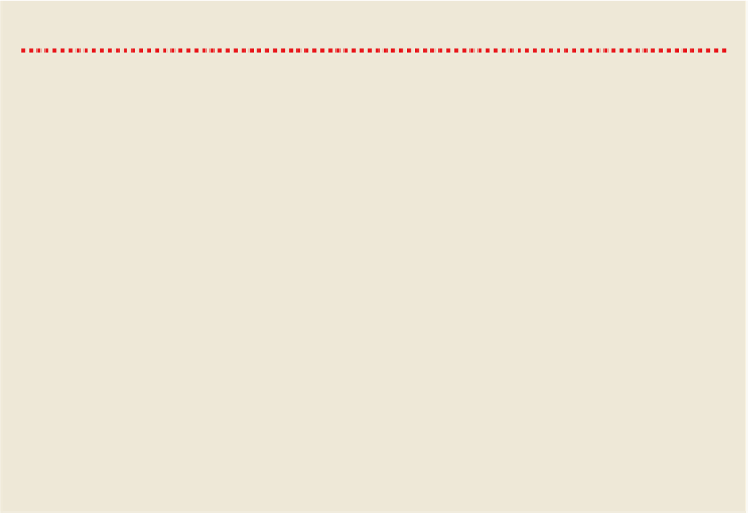Travel Reference
In-Depth Information
The final years of CCK's presidency saw unexpected concessions to a rising democrat-
ic spirit within Taiwan. In 1986, with martial law still in effect, the president chose not to
suppress Taiwan's first opposition party, the Democratic Progressive Party (DPP), after
they announced their formation. In 1987 he also declared the end of martial law. The fol-
lowing year he passed away and Lee Teng-hui became the ROC president. For Taiwan, a
new era had truly begun.
MARTIAL MADNESS
In 1948, in the closing years of the civil war with the Chinese Communist Party
(CCP), Chiang Kai-shek declared Martial Law on most of China. A year later Taiwan
was also subjected to the 'temporary provisions effective during the period of com-
munist rebellion', which would prove anything but temporary. In fact, Taiwan's Mar-
tial Law period was one of the longest in world history, and was a time when there
was no right to assembly, protest or free speech, and the Garrison Command had
sweeping powers to arrest and detain anyone.
According to recent government studies, over 140,000 people were arrested
during this period (many tortured and shipped off to detention on Green Island)
with some 3000 to 4000 executed. This period is known locally as the White Ter-
ror.
As a locus of Taiwanese identity, folk culture was also held suspect, and elabor-
ate festivals banned. (At the same time, statues of Chiang Kai-shek were placed in
popular shrines so that people would be forced to worship his image.) The Hokki-
en, or Taiwanese, language was likewise proscribed in schools and media broad-
casts and many older Taiwanese can still remember being beaten for speaking
their native language in the classroom.
After Chiang's death in 1975, enforcements relaxed, but martial law would stay in
effect until 1987.
The Post-Martial-Law Period: 1988-2000
In the late 1980s Taiwan had its first native born president, but it was still a far cry from
a democracy. In the first place, Lee had not been elected by the people, but appointed by
Chiang Ching-kuo and voted in by the National Assembly, a body that had last been elec-
ted in China in 1947 and was still officially in session over 40 years later - and with
largely the same people.
Lee initiated constitutional changes to allow for direct elections of the president and
Legislative Yuan (Taiwan's parliament) as well as for the eventual dissolving of the Na-
tional Assembly. He also ended the provisions that had allowed for martial law and the

